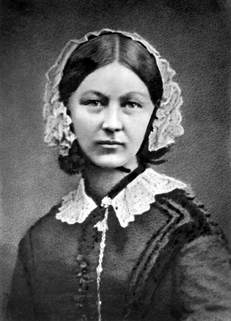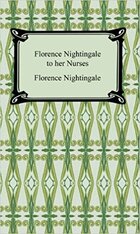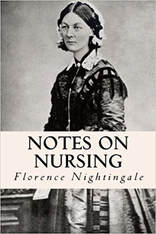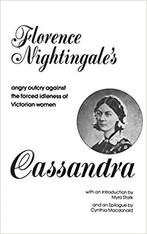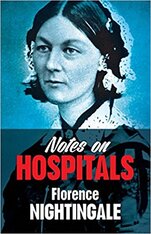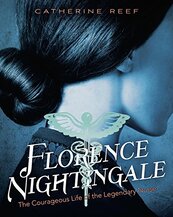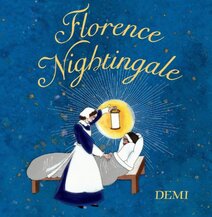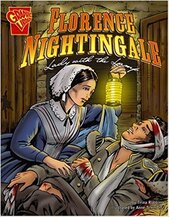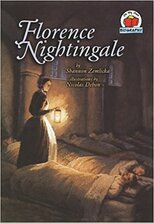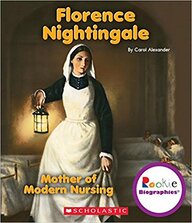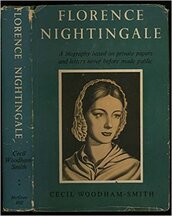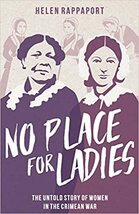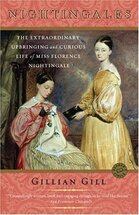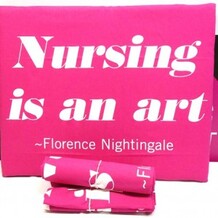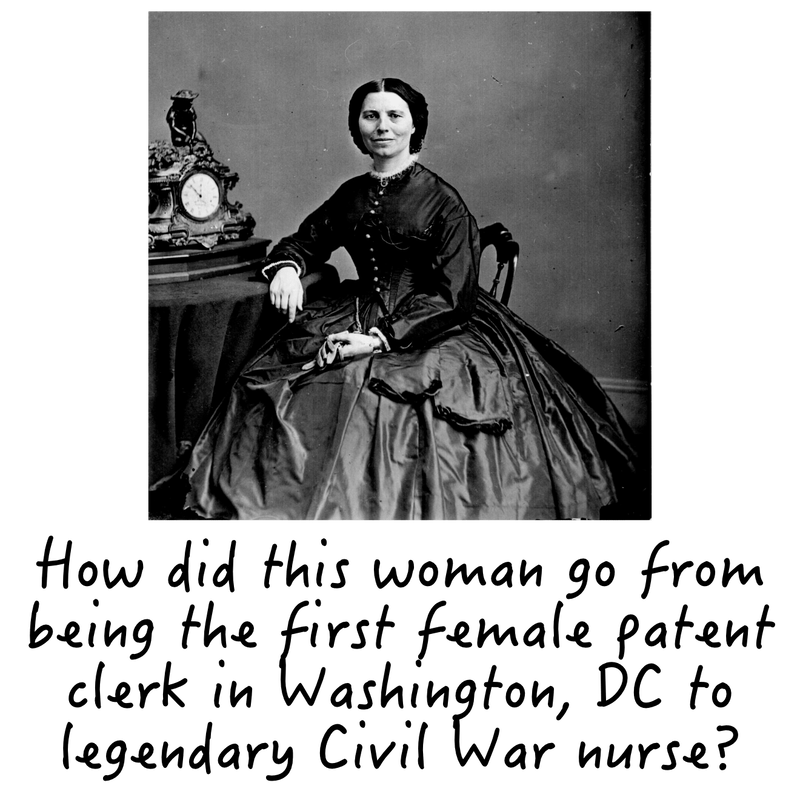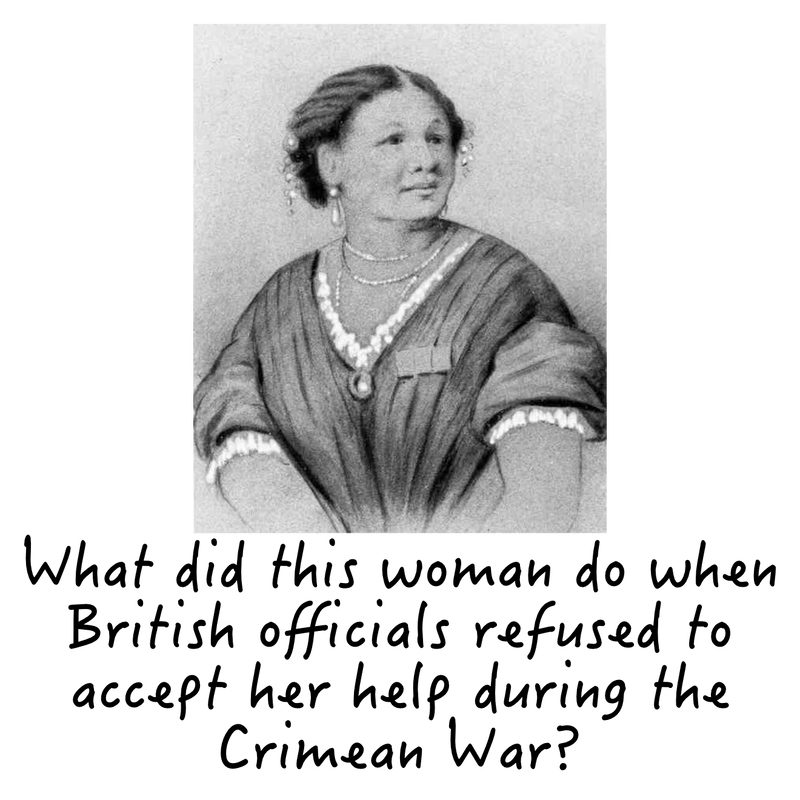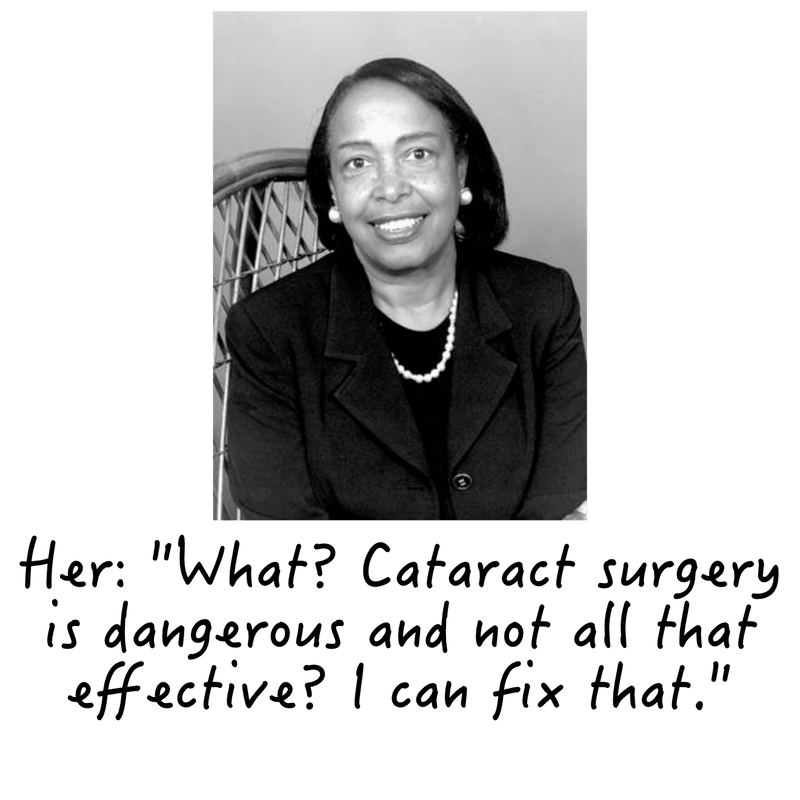"I attribute my success to this -- I never gave or took any excuse."
|
Yeah... but was she a racist?
Accusations of racism have been levied against Nightingale, primarily based on the fact that Mary Seacole, a Jamaican woman of color and self-described 'doctress' who is also praised for her work in Crimea, was not allowed to join Nightingale's team of nurses. According to educational materials provided by the National Portrait Gallery (the only seemingly objective and reliable source the AWL Librarian could find that addressed the racism accusation -- cited below), the London organization that sponsored Nightingale's trip and to which Seacole applied was -- undoubtedly -- SUPER racist, BUT Nightingale was already in Crimea at the time and had nothing to do with those requests. Nightingale only met Seacole once, and even though she may have also rejected Seacole's offer to help, Seacole's autobiography describes the encounter in nothing but pleasant terms (although that certainly could have been rooted in a desire to avoid blowback from criticizing such a powerful and revered member of society). In a letter to her brother-in-law, Nightingale calls Seacole "very kind," but states that, "Anyone who employs Mrs. Seacole will introduce much kindness -- and also much drunkenness and improper conduct, where she is." Based on this, it may be that the main reason Nightingale, who was vehemently opposed to drinking, didn't accept Seacole's assistance was not race, but her willingness to provide alcoholic beverages to soldiers.
However, Nightingale's letters reveal that she was a firm believer in the superiority of Christianity and European "civilization," and therefore supported colonization. In her capacity as health advisor to the leaders of New Zealand, Australia, and others, she often trivialized health concerns related to native populations, blaming post-colonization population decline on their diet, inherent genetic defects, or "barbaric" lifestyle.
However, Nightingale's letters reveal that she was a firm believer in the superiority of Christianity and European "civilization," and therefore supported colonization. In her capacity as health advisor to the leaders of New Zealand, Australia, and others, she often trivialized health concerns related to native populations, blaming post-colonization population decline on their diet, inherent genetic defects, or "barbaric" lifestyle.
Bibliography: Cavallo, Francesca and Elena Favilli. Good Night Stories for Rebel Girls: 100 Tales of Extraordinary Women. Canada: Timbuktu Labs, Inc., 2016. Print.
Doyle, Caitlin. Girls Can Do Anything: From Sports to Innovation, Art to Politics, Meet Over 200 Women Who Got There First. Buffalo: Firefly Books, 2016. Print.
Gittings, Clare. Mary Seacole in Focus. National Portrait Gallery, 2010. https://www.npg.org.uk/assets/files/pdf/learning/NPG_MarySeacole_InFocus.pdf
Quirk, Denise P. "Nightingale, Florence." The Oxford Encyclopedia of Women in World History, Vol. 3, Oxford University Press, 2008, 343-344.
Smeltzer, Ronald K. “Florence Nightingale.” Extraordinary Women in Science & Medicine: Four Centuries of Achievement, The Grolier Club, 2013, 89-93.
Vare, Ethlie Ann and Greg Ptacek. Patently Female. New York: John Wiley & Sons, Inc., 2002. Print.
Brookes, Grant. Viewpoint: Why we aren't celebrating Florence's birthday. New Zealand Nurses Organization. 16 April 2020. https://nznogrant.org/2020/04/16/viewpoint-why-we-arent-celebrating-florences-birthday/
Doyle, Caitlin. Girls Can Do Anything: From Sports to Innovation, Art to Politics, Meet Over 200 Women Who Got There First. Buffalo: Firefly Books, 2016. Print.
Gittings, Clare. Mary Seacole in Focus. National Portrait Gallery, 2010. https://www.npg.org.uk/assets/files/pdf/learning/NPG_MarySeacole_InFocus.pdf
Quirk, Denise P. "Nightingale, Florence." The Oxford Encyclopedia of Women in World History, Vol. 3, Oxford University Press, 2008, 343-344.
Smeltzer, Ronald K. “Florence Nightingale.” Extraordinary Women in Science & Medicine: Four Centuries of Achievement, The Grolier Club, 2013, 89-93.
Vare, Ethlie Ann and Greg Ptacek. Patently Female. New York: John Wiley & Sons, Inc., 2002. Print.
Brookes, Grant. Viewpoint: Why we aren't celebrating Florence's birthday. New Zealand Nurses Organization. 16 April 2020. https://nznogrant.org/2020/04/16/viewpoint-why-we-arent-celebrating-florences-birthday/
Support these organizations dedicated to preserving her story:
Please note that while Awesome Women Library tries to include links only to media from reputable sources, we cannot attest to the quality or content of any media listed on this website. Our mission is to introduce you to these Awesome Women and give you a wide array of resources for learning more. We haven't read everything listed and are not a recommendation site, nor is this meant to be an exhaustive catalog of every book related to this woman -- there's just too much out there! Happy reading!!

